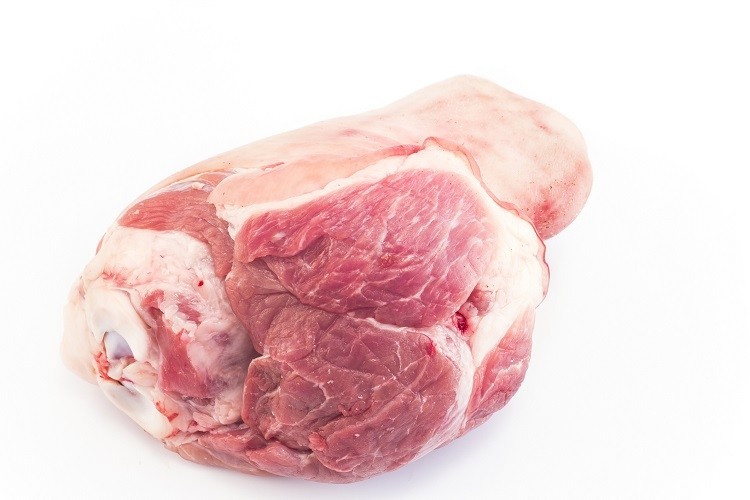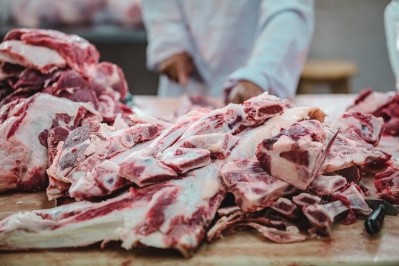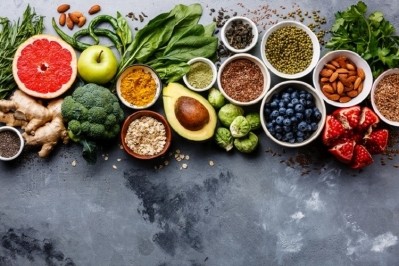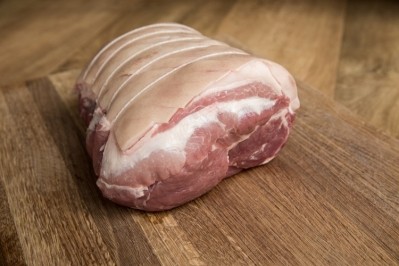China detects COVID-19 on German pork knuckles, suspends imports from 20 countries

Local authorities in China say they have detected COVID-19 on frozen imported meat and seafood products and their packaging in recent weeks, according to the country’s National Health Commission.
The reports concern frozen beltfish imported from India, pork imported from Argentina, and beef from Brazil. The virus was also detected on samples of frozen pork knuckles imported from Germany, according to state media.
China has responded by suspending imports from a number of countries. As of Wednesday last week, imports from 99 companies from 20 countries had been banned.
However, Germany’s Federal Institute for Risk Assessment (BfR) has suggested infection with SARS-CoV-2 via pork meat – as was reported in China – is ‘unlikely’.
“The BfR is not aware of any reports of SARS-CoV-2 infections resulting from the consumption of meat or contact with contaminated meat products,” noted the Institute. “According to the current state of knowledge, farm animals used for the production of meat cannot become infected with SARS-CoV-2 and are therefore unable to transmit the virus to humans via this pathway.”
Contamination of meat and meat products or its packaging with COVID-19 could, however, occur during the slaughtering, butchering, processing and packaging processes, it stressed.
State media in China also claimed that a worker had become infected with COVID-19 from the imported German pork knuckles.
The BfR has highlighted that it is unclear whether the traces of the virus were already present on the imported product, or whether they had in fact been transferred to the product packaging by the infected worker.
According to the current state of knowledge, the oral/alimentary route of transmission through the consumption of meat is not relevant for the novel coronavirus pandemic, it added.
























